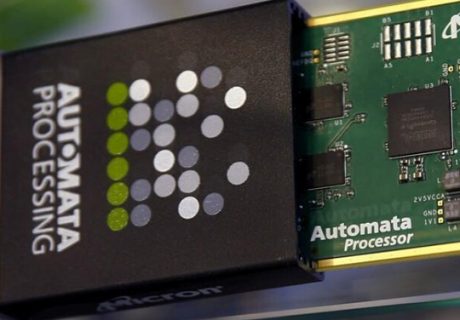Micron Technology plans to appeal a preliminary injunction handed down last week by a Chinese court preventing its Chinese subsidiaries from manufacturing, selling or importing some DRAM modules and solid state drives.
The ruling,issued last week by the Fuzhou Intermediate People’s Court in China’s Fujian Province in response to a patent infringement suit filed by Taiwanese foundry UMC, forced Micron to halt sales of Crucial and Ballistix-branded DRAM modules and SSDs and cease operations at its test and assembly facility in China’s Xi’an high-tech zone.
Micron maintains that its products do not infringe on the UMC patents. The company maintains that the patent infringement claims were filed by UMC and its Chinese subsidiary, Fujian Jinhua Integrated Circuit Co., in retaliation for accusations by Micron that UMC misappropriated Micron trade secrets, which resulted in a civil lawsuit filed by Micron in U.S. District Court and criminal indictments against UMC and three of its employees brought by Taiwan authorities.
Micron said it would comply with the ruling while requesting that the Fuzhou Court reconsider or stay its decision.
“The Fuzhou Court issued this preliminary ruling before allowing Micron an opportunity to present its defense,” said Joel Poppen, Micron senior vice president and general counsel, in a statement. “This ruling and other actions by the Fuzhou Court are inconsistent with providing a fair hearing through appropriate legal processes and procedures.”
Micron said it expects the injunction to reduce its sales for the current quarter by about 1 percent. The company said it still expects sales to between $8 billion and $8.4 billion, the guidance range the company has given previously.
According to research firm that tracks memory pricing, the ruling will significantly impact Micron’s sales in China and also impact the businesses of Micron’s downstream partners. DRAMeXchange estimates that China is expected to consume about 26 percent of Micron’s DRAM bit output in 2018 and about 20 percent of Micron’s NAND bit output.
China wants more homegrown chips
The ZTE crisis has intensified China’s desire to slash its dependence on foreign-made computer chips. China buys far more chips than any other country, and about 90% came from foreign companies last year, according to technology consultancy International Business Strategies.
But there are concerns about how Chinese companies are obtaining the technology needed to develop a homegrown semiconductor industry.
Micron and UMC are also battling it out in Californian courts. Micron filed a lawsuit in December alleging UMC stole Micron’s intellectual property and gave it to a Chinese firm, Fujian Jinhua Integrated Circuit.
UMC denies the allegations, and has filed to have the California case dismissed.
Micron was one of three big foreign chipmakers whose offices in China were visited last month by investigators from a Chinese market regulator. One of the other companies, South Korea’s SK Hynix, said the investigation is over suspected price fixing.



















